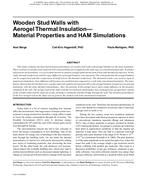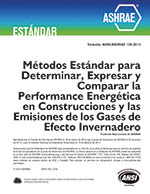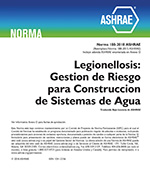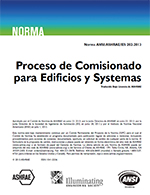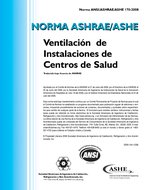Description
This study evaluates the heat and moisture performance of wooden stud walls with aerogel blankets as the main insulation. There is always a risk that a newmaterial will create problems if it is applied in the same way as conventional materials.To predict and prevent such problems, it is of essential interest to analyze aerogel applications from a heat and moisture perspective. In this study, thermal conductivity and the vapor diffusivity of aerogel blankets were measured. The work found that the aerogel blankets can be compressed and that compression actually lowers the thermal conductivity. The measured results were used as input in numerical simulations. Four different wall layouts were modeled and compared to a wall with conventional insulation. The simulations showed that the thickness of a wooden stud wall could be decreased to 60% with aerogel blankets instead of conventional insulation, with the same thermal transmittance. Also, the position of the aerogel layers had a large influence on the moisture condition in the wall. The aerogel wall in the study with the best moisture performance has a homogeneous aerogel layer outside of the wooden studs and the studs are in line, forming a continuous thermal bridge through the wall. The moisture performance of the best aerogel wall in the study was as good as the studied wall with conventional insulation.
Presented at Thermal Performance of Exterior Envelopes of Whole Buildings XII, December 2013
Citation: Thermal Performance of Exterior Envelopes of Whole Buildings XII
Product Details
- Published:
- 2013
- Number of Pages:
- 9
- File Size:
- 1 file , 2.8 MB
- Product Code(s):
- D-BldConf13-19
